In the realm of iron and sweat, where the muscle is forged and dreams take shape, bodybuilding has evolved over the decades from its humble beginnings to the grand spectacle it is today.
The comparison between the “Golden Era” and the “Modern Era” of bodybuilding is a tale of transformation, from the days of Lou Ferrigno and Arnold Schwarzenegger to the reigning titans of today’s Olympia stage.
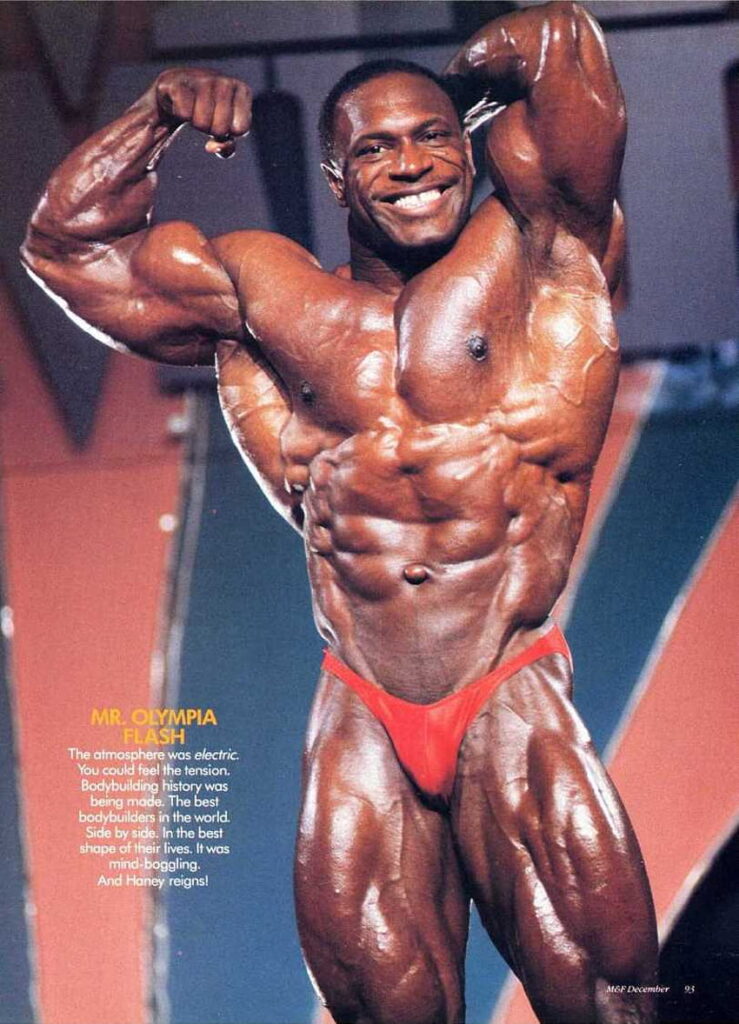
Let’s delve into this journey, understanding the changes that have shaped the sport and the controversies that have emerged along the way.
The Nostalgia of the Golden Era
Cast your mind back to a simpler time, an era when bodybuilding was on the cusp of gaining global recognition.
The “Golden Era,” primarily in the 1970s and 1980s, witnessed legends like Arnold Schwarzenegger and Lou Ferrigno competing for the coveted Mr. Olympia title.
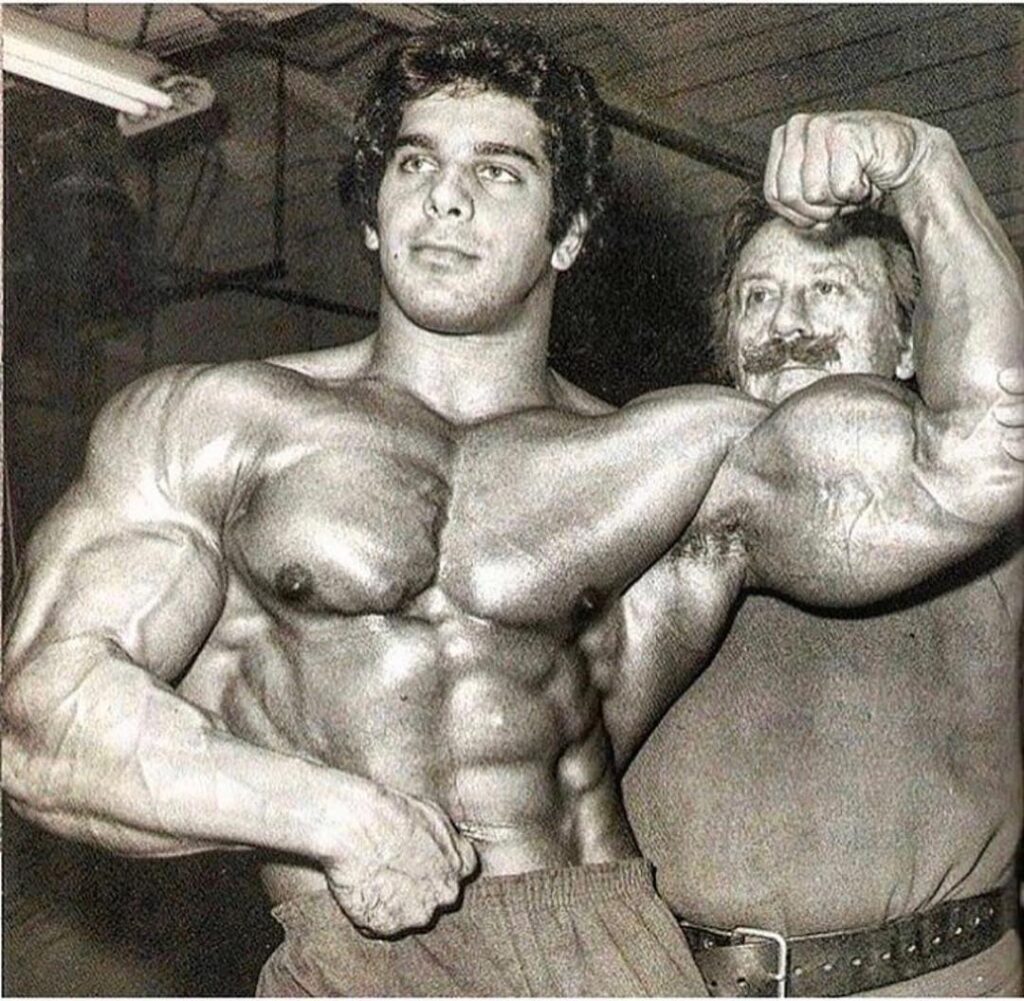
The Olympia, though significant, was not the colossal event it is today.
The sport’s charm lay in its grassroots appeal, where the audience’s understanding of bodybuilding was limited.
In this era, the physique was paramount. The ethos revolved around balance, proportion, and overall shape.
Icons like Arnold Schwarzenegger embodied these ideals, with an emphasis on aesthetics that transcended mere muscularity.
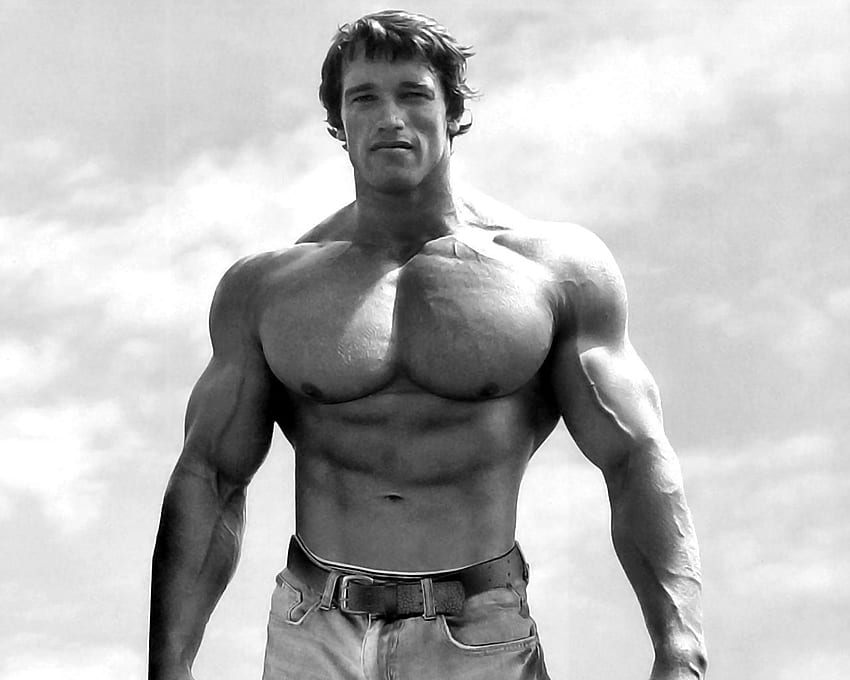
The vacuum pose, a hallmark of the era, symbolized the finesse of posing and muscle control that is rarely seen in the modern context.
The Modern Transformation
As time marched on, bodybuilding underwent a metamorphosis, propelled by technological advancements, the advent of social media, and a more nuanced understanding of training methodologies.
However, this transformation has not been without its controversies and shifts in focus.
In the “Modern Era,” bodybuilding has become more intricate, with athletes pushing the envelope of muscle size and conditioning.
The proliferation of information, thanks to the internet and platforms like Instagram, has opened the doors to a global audience.
Pro cards, once held by a select few, are now seemingly abundant, leading to a more saturated competitive landscape.
Yet, within this evolution lies a tension between size and aesthetics.
While some modern bodybuilders, like Phil Heath, maintain a level of aesthetic excellence, there’s no denying that the prevalence of drug usage has altered the physical landscape.
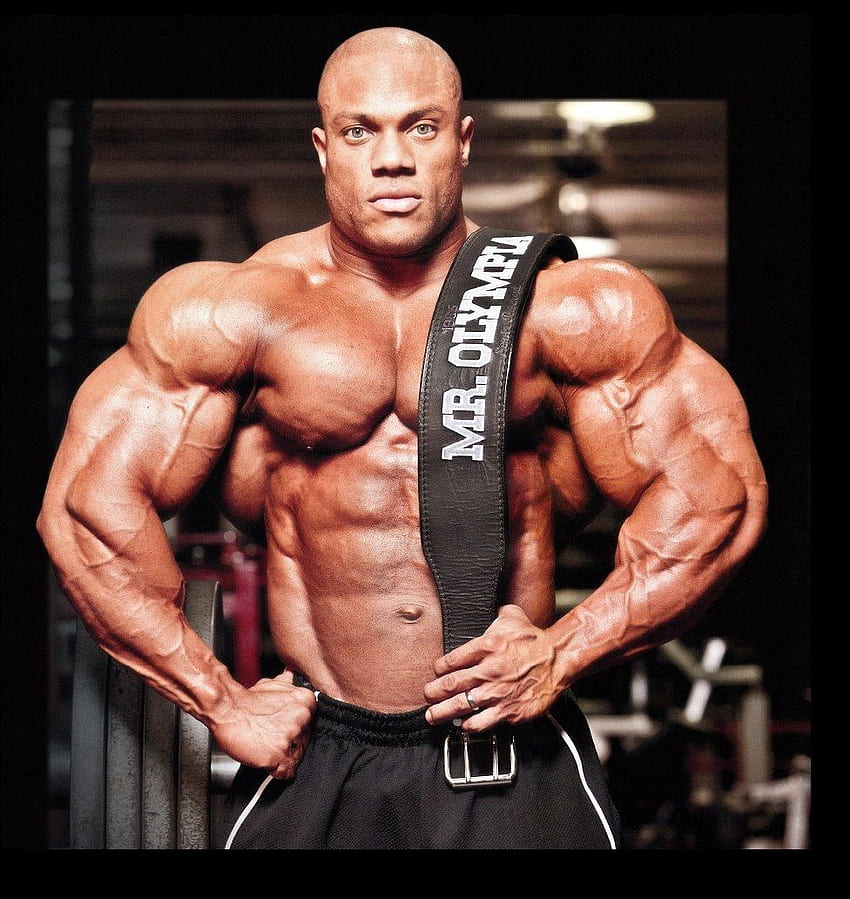
The vacuum pose, once celebrated, has all but vanished, replaced by the quest for jaw-dropping mass.
The Elephant in the Room: Drugs and Enhanced Bodybuilding
A subject often approached with caution, drug usage in bodybuilding has been a reality since the sport’s inception.
However, the approach and perception have changed dramatically over the years.
During the “Golden Era,” drug use existed but was often discreetly managed, a closely guarded secret among athletes.
This contrasted with today’s open discussions and social media disclosures.
The advent of anabolic steroids, growth hormone, insulin, and more recently, selective androgen receptor modulators (SARMs), has altered the competitive landscape.
The modern bodybuilder is often more reliant on these substances, leading to a shift in physiques.
While some bodybuilders, like the late Dallas McCarver and Boston Lloyd, openly discussed their usage, others choose to remain tight-lipped.
The Polarized Physiques
One of the most evident shifts between eras lies in the physiques themselves.
The Golden Era celebrated a more balanced, aesthetic form, with bodybuilders exhibiting harmonious proportions and refined posing.
Vacuum poses, wide shoulders, and streamlined waists were the norms.
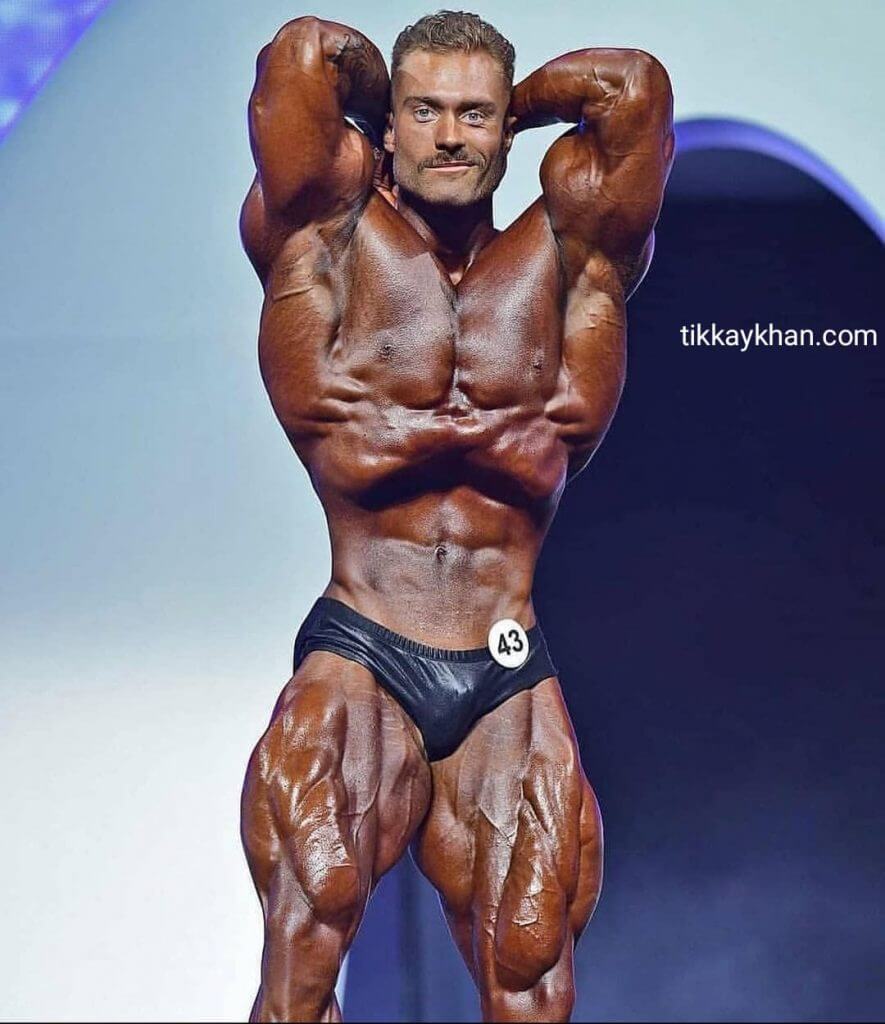
In the Modern Era, the narrative has skewed towards mass and separation.
The “X-frame” with wide shoulders and a narrow waist is the aspiration, and conditioning often overshadows aesthetics.
The vacuum pose has all but vanished, replaced by dramatic poses that highlight extreme muscle separation.
The Rise of Specialized Categories:
Recognizing the evolving tastes and preferences of fans, bodybuilding federations introduced new categories like Classic Physique and Men’s Physique.
These categories, more aligned with the aesthetics of the Golden Era, offer a bridge between the past and the present.
Athletes like Chris Bumstead in Classic Physique and Jeremy Buendia in Men’s Physique epitomize the blending of aesthetics and modern training methodologies.
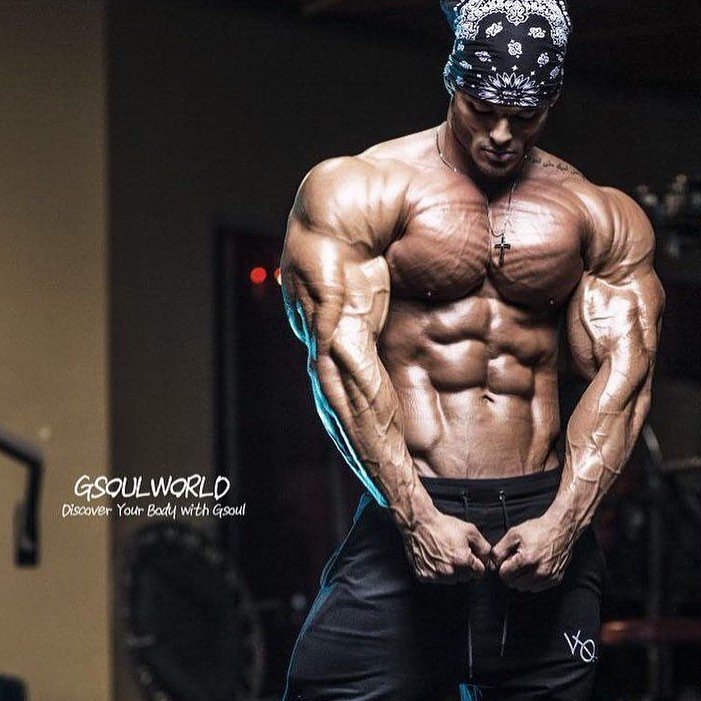
The Diverging Audience
The divide between the two eras is not only seen in physiques but also audience preferences.
While the mass monsters continue to dominate the spotlight, the average fitness enthusiast often resonates more with the classic, aesthetic physiques.
The rise of Classic Physique competitions is a testament to this divergence.
The Takeaways
In the tapestry of bodybuilding, each era contributes a unique thread, shaping the narrative in distinct ways.
The “Golden Era” exudes nostalgia, with its emphasis on aesthetics and balance, while the “Modern Era” celebrates mass and conditioning, albeit with its share of controversies.
While modern bodybuilding showcases remarkable advancements, it’s essential to acknowledge the journey that brought us here.
Ultimately, whether you lean towards the streamlined silhouettes of the past or marvel at the mass of the present, both eras hold a place in the hearts of bodybuilding enthusiasts.
As the journey continues, the sport remains a canvas for both tradition and innovation, evolving while paying homage to its roots.